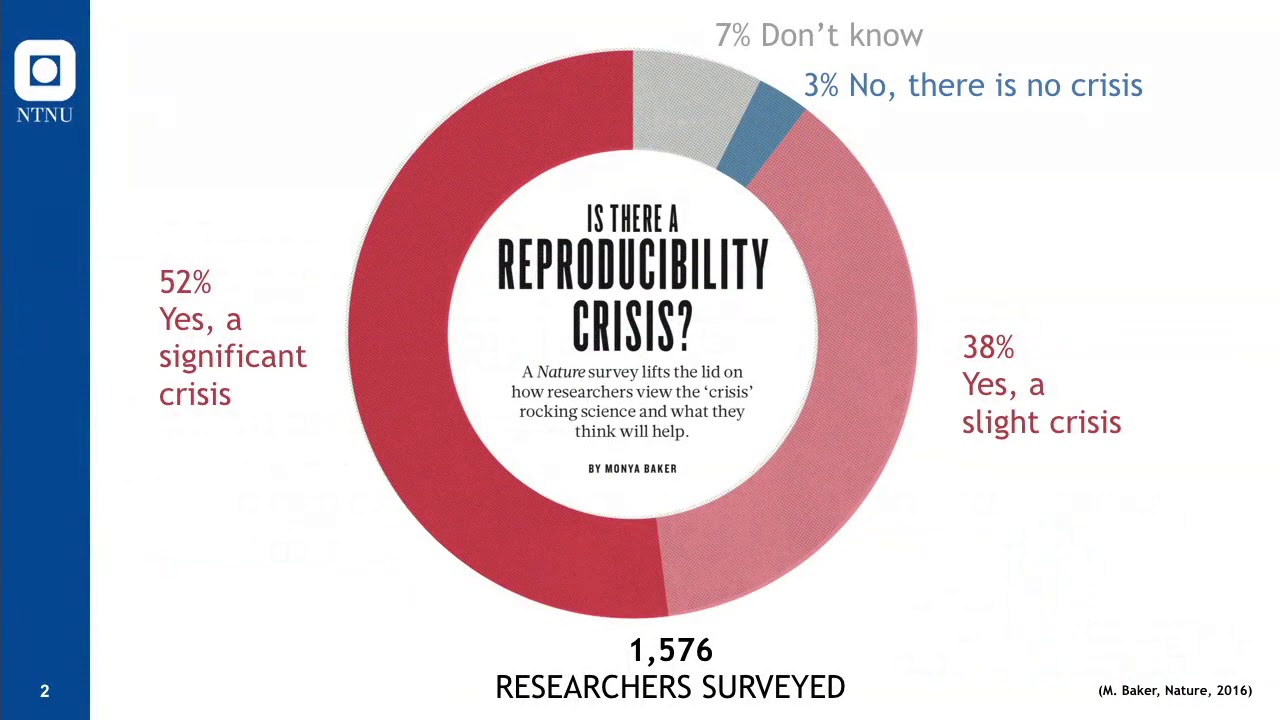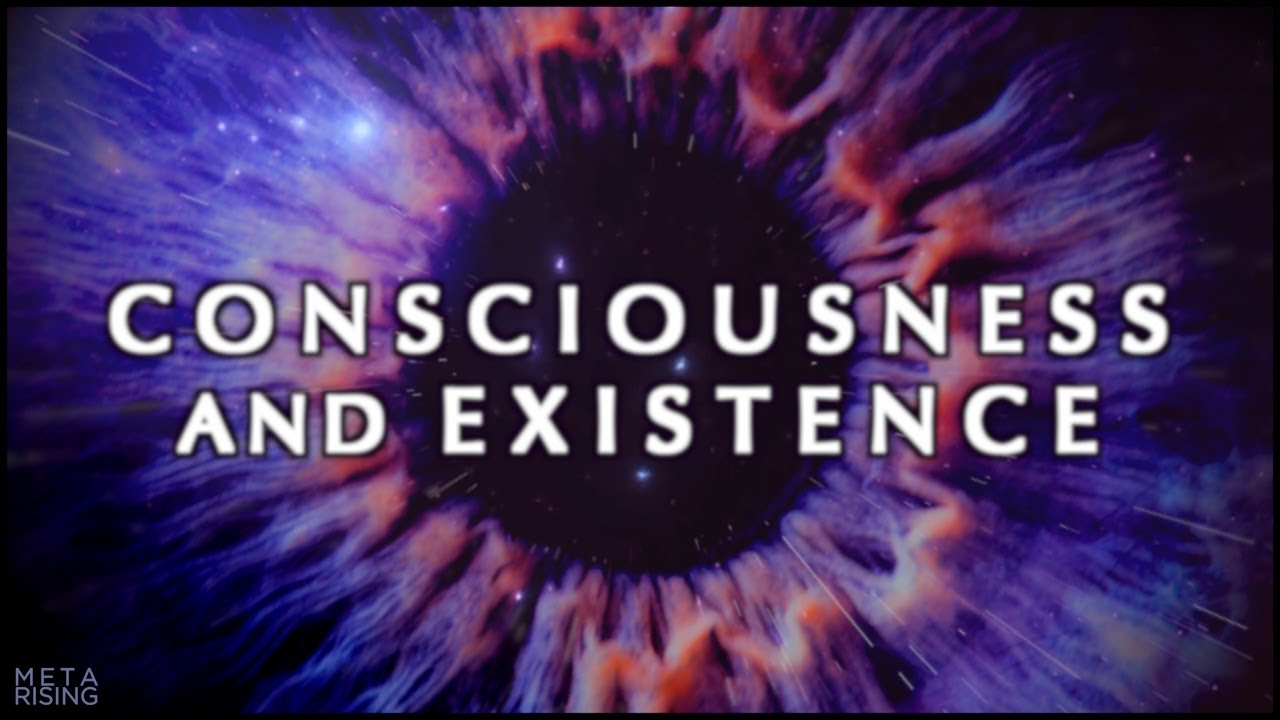USC ISI
2019-09-23
Odd Erik Gundersen and David N. Kennedy
Abstract:
“Part I How Can We Know It Is Shoulders We Stand On?
Abstract: Reproducibility is a corner stone of science. Still, scientists do not agree exactly on what reproducibility means. The reason is that reproducibility is a more complex concept than it seems, even for computer science where experiments are conducted fully on computers. I will talk about some of the problems related to the definition of reproducibility that we have to solve and give some thoughts on solutions and the value such solutions bring to the table. Part II. NEUROSCIENCE PRESENTATION
Towards Enhanced Reproducibility in Neuroimaging Research
Abstract: There has been a recent major upsurge in the concerns about reproducibility in many areas of science. Within the neuroimaging domain, one approach is to promote reproducibility is to target the re-executability of the publication. The information supporting such re-executability can enable the detailed examination of how an initial finding generalizes across changes in the processing approach, and sampled population, in a controlled scientific fashion. ReproNim: A Center for Reproducible Neuroimaging Computation seeks to facilitate the “last mile” implementations of core re-executability tools in order to reduce the accessibility barrier and increase adoption of standards and best practices at the neuroimaging research laboratory level. In this talk, we summarize the overall approach and tools we have developed in this domain.
Odd Erik Gundersen and David N. Kennedy
“Odd Erik Gundersen is an adjunct associate professor at the Norwegian University of Science and Technology (NTNU) in Trondheim, Norway, where he teaches courses and supervises master students in AI. He received his PhD from the Norwegian University of Science and Technology. Gundersen has applied AI in the industry, mostly for startups, since 2006. Currently, he investigates how AI can be applied in the renewable energy sector and for driver training. Dr. Kennedy is a Professor of Psychiatry at the University of Massachusetts Medical School and the Eunice K. Shriver Center for Intellectual and Developmental Disabilities. He is Director of the Division of Neuroinformatics at the Child and Adolescent Neurodevelopment Initiative (CANDI). He has extensive expertise in the development of image analysis techniques and was a co-founder of the Center for Morphometric Analysis (CMA) at the Massachusetts General Hospital. His career has seen participation in the advent of such technologies as MRI-based morphometric analysis (1989), functional MRI (1991) and diffusion tensor pathway analysis (1998). He has long standing experience with development of neuroinformatics resources (such as the Neuroimaging Informatics Tools and Resources Collaboratory (NITRC)) and is a co-founding editor of the journal Neuroinformatics that debuted in 2003. In addition, he leads ReproNim: A Center for Reproducible Neuroimaging Computation – a multi-institutional biomedical technology research center dedicated to enhancing reproducibility in neuroimaging.
” ”
Source


